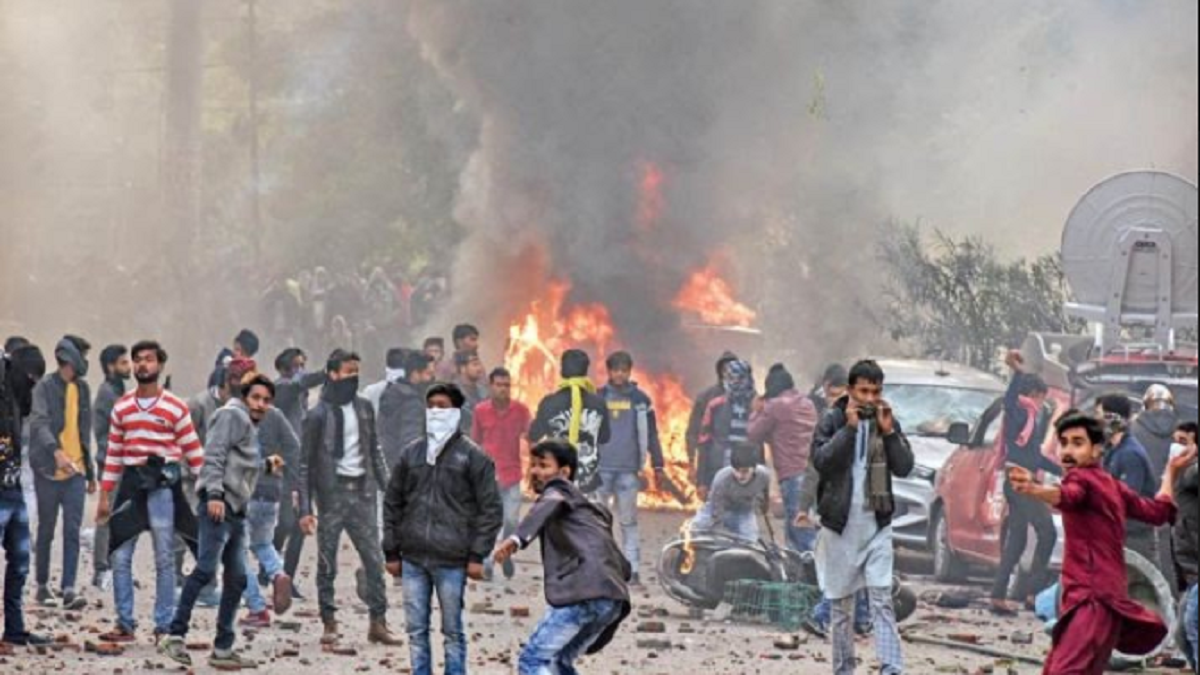


The censorship of books, films or any such creative content is a weapon in the hands of the authorities scared of the truth being told. It is a tool misused at will by authoritarians. But there are times when the demand to muzzle such content comes from within a society itself, civil or otherwise. Then the word used to describe such forces is “fanatic” or “extremist”—and they exist on both sides of the ideological divide in these deeply polarized times. For every Karni Sena member demanding a ban on Padmaavat, there is a William Dalrymple or an Aatish Taseer ensuring that a book that does not toe the narrative they are peddling, gets withdrawn by the publisher, Bloomsbury in this case, even though the latter is contract bound to print the book, Delhi Riots 2020: The Untold Story. Comparing these two groups is not exaggeration, however “enlightened” the authors concerned might be. At the crux of it, it’s all about muzzling voices that do not conform to a particular belief system, a worldview or ideology—the difference is in the “erudition” or the lack of it among the perpetrators, and the crudity involved in the actual act. The mindset is the same, with both sides having taken it upon themselves to purge public discourse of a certain belief/narrative. The sad part is, while such behaviour is expected of the ignoramuses of Karni Sena, it is not expected of authors of the stature of Dalrymple and Tasheer.
But then if there is any one characteristic that has become the hallmark of the so-called liberals of our time, it is illiberalism. So perhaps we shouldn’t be too surprised that the book incident happened. In fact, the incident is symptomatic of the extreme hue that “liberalism” is getting the world over, with “left-liberals” moving from the mainstream to the fringe, even though they continue to control many mainstream institutions—like in publishing—the reason why such ideological muscleflexing happens. In India, as the “left-liberal” section’s ability to influence minds reduces, and political power slips out of their hands, what is left is a desperation to cling on to the spurious narrative that India has become intolerant and a place unfriendly for minorities, ever since 26 May 2014 when Narendra Modi took oath as Prime Minister. If social cohesion falls victim in the process, so be it. This happened in the case of the anti-CAA protests where a deliberate misreading of the Act and scare-mongering led to the minority community to believe that they would be disenfranchised. Shaheen Bagh followed and the Delhi riots were a corollary, although there is enough reason to believe that the violence was timed to coincide with US President Donald Trump’s visit to give a bad name to the Indian government. Subsequently, a spin was given that the riots were a pogrom, committed by the majority community on the minority, and that narrative was sold to the West, with the intention of bringing opprobrium to the incumbent government. Any book that counters that narrative now must not be allowed to see the light of day, especially when the publisher is internationally reputed and has the wherewithal to take the book overseas. So a book on Shaheen Bagh published by the same publisher is to be celebrated as “glorious”, even though that particular protest caused immense hardship to lakhs of people, but a book on the riots cannot be allowed to see the light of day, because it comes from the other side of the ideological divide. The sheer arrogance of “we know best”, and the animosity towards the “Other”, has to be seen to be believed, and makes for very poor advertisement of the “liberal” cause. This is illiberalism at its worst.